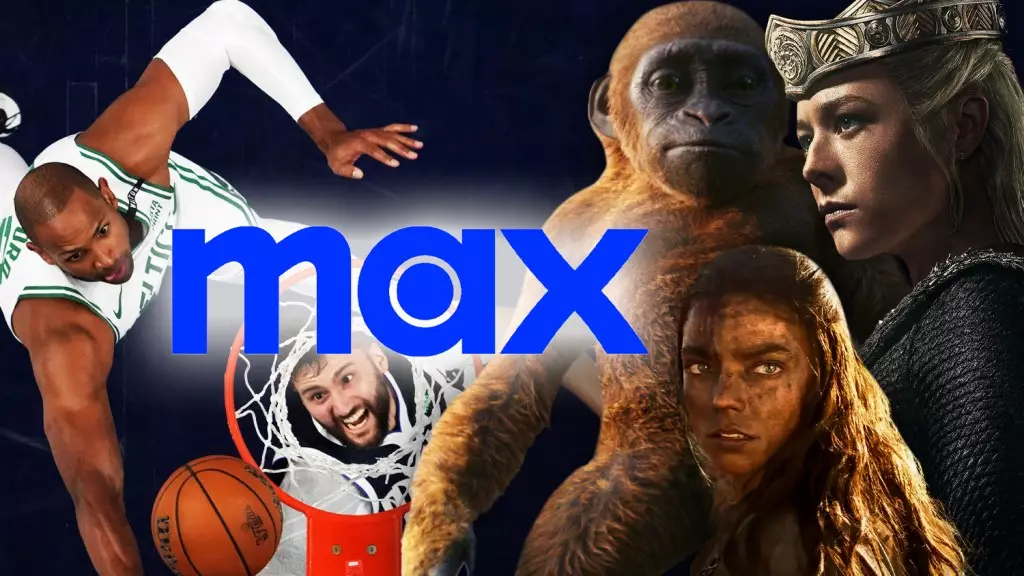Warner Bros. Discovery recently announced a significant non-cash impairment charge of $9.1 billion at its networks division, reflecting the changing landscape of the media industry. This massive write-down aims to align the book value of its linear television business with the reality of uncertain advertising and sports rights renewals, especially as the NBA prepares to shift its broadcasting rights. This move comes after the merger of Discovery and Warner Media, which initially valued the linear assets at a much higher figure. However, with consumer behavior changing and advertising revenues decreasing, the company is forced to reassess its financial standing in the market.
One major blow to Warner Bros. Discovery was the loss of a lucrative basketball package to Amazon. Despite having matching rights and suing the NBA to regain access to the games, the company faces skepticism about its ability to prevail in court. This loss, coupled with the ongoing challenges in the linear advertising market and uncertainty surrounding future rights renewals, has led to a substantial goodwill impairment. The company stated that this impairment was triggered by the growing gap between market capitalization and book value, as well as the overall softness in the U.S. linear advertising market.
Following the write-down, Warner Bros. Discovery reported an additional $2.1 billion in pre-tax acquisition-related expenses, further highlighting the financial strain the company is facing. With the stock down approximately 70% since the merger, investors are calling for decisive action to address the company’s declining value. While some have suggested breaking up the company, such a move would be immensely complicated and may not provide a viable solution to the underlying issues. Asset sales, including the potential divestment of the games business, are being considered as part of a broader strategy to improve financial performance.
The second-quarter earnings report from Warner Bros. Discovery revealed a mixed picture of the company’s financial health. While the streaming division saw a significant increase in ad revenue and subscriber numbers, there were concerns about overall direct-to-consumer sales, which fell by 6%. Losses widened compared to the previous year, raising questions about the sustainability of the current business model. Studios faced tough comparisons from the previous year, particularly in the games segment, where a popular title boosted revenue in 2023.
Networks revenue and profit both declined by 8% in the latest quarter, indicating the challenges faced by the traditional TV broadcasting business. Distribution revenue fell due to a decrease in domestic linear pay-TV subscribers, while advertising revenue was impacted by audience declines and a soft market environment in the U.S. Content revenue saw a modest increase driven by third-party licensing deals, but the overall revenue for Warner Bros. Discovery dropped by 6% compared to the previous period.
Warner Bros. Discovery is navigating a complex and rapidly evolving media landscape, marked by shifting consumer preferences and digital disruption. The company’s recent write-down and financial struggles reflect the formidable challenges facing traditional media players in the digital age. As Warner Bros. Discovery seeks to adapt to these changes and reposition itself for future growth, it will need to make strategic decisions to remain competitive in an increasingly crowded market.

Leave a Reply